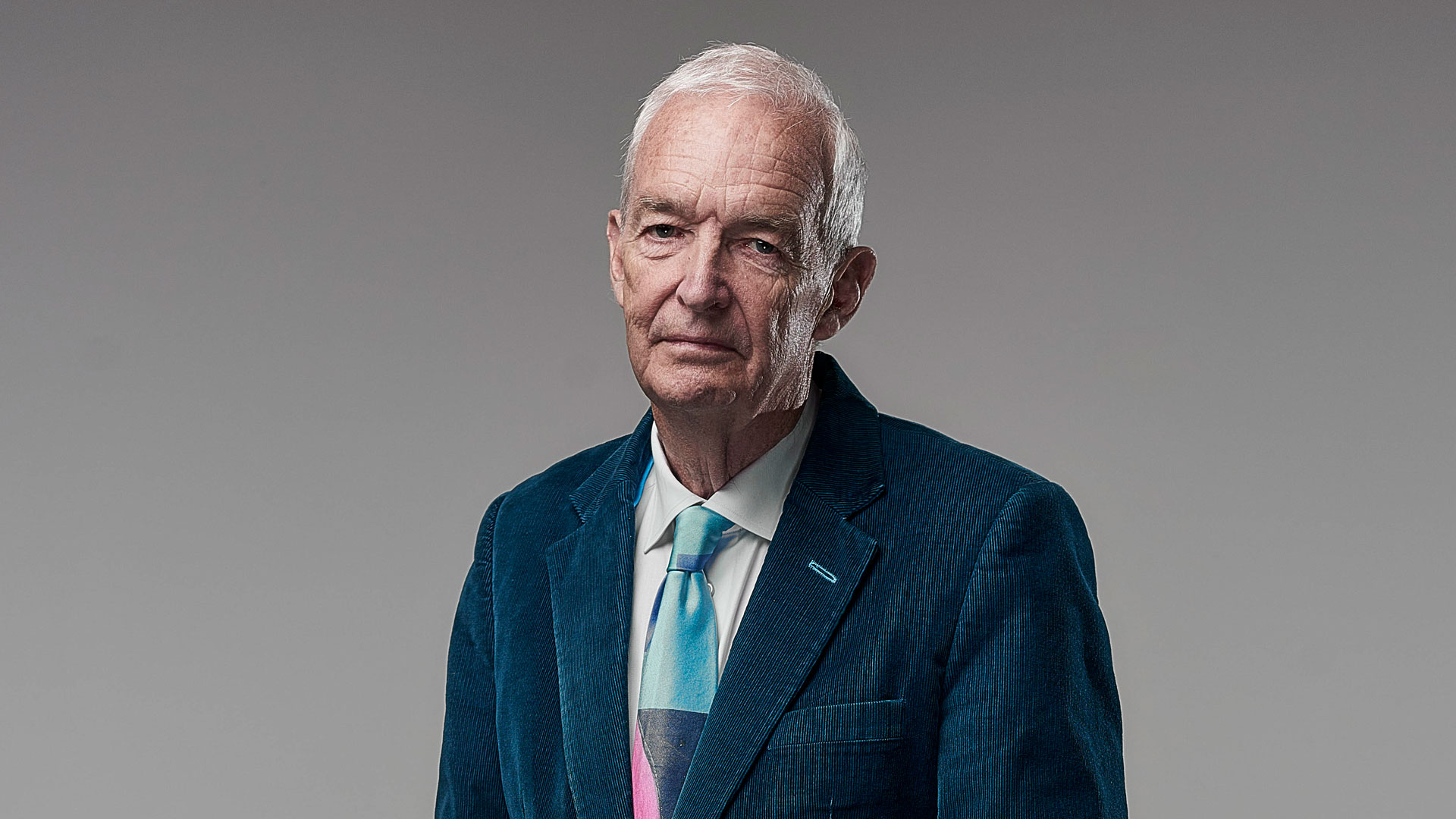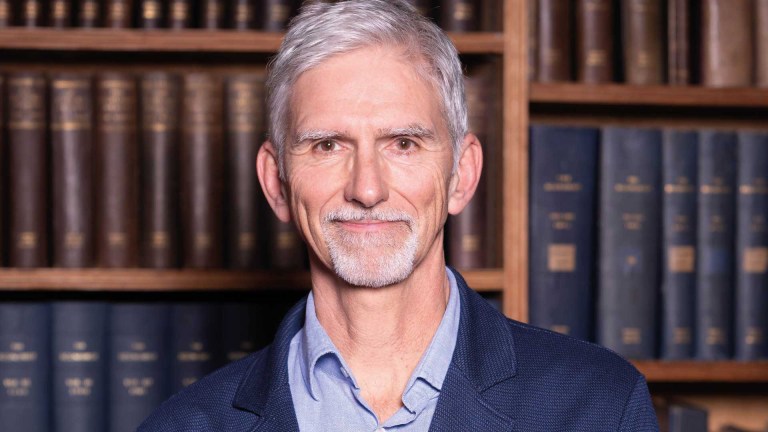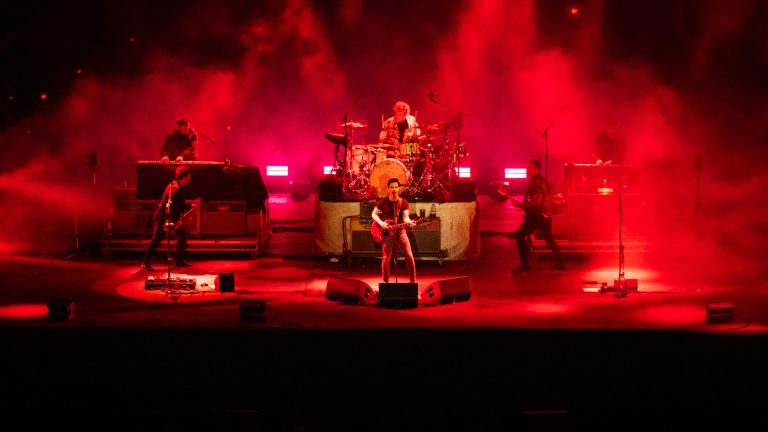As the longest-serving presenter of Channel 4 News, Jon Snow is one of the UK’s most highly-regarded journalists. But it was a fight for him to get into university. “My exam results weren’t the greatest,” he told The Big Issue, as he looked back on his life for his Letter To My Younger Self.
As a student at the St Edward’s School, a public school in Oxford, he was “regarded as a bit of a mess” he added. “I was in the D-stream. Not very bright. My father thought I was rather thick and made no secret of it. I knew I wasn’t, but I wasn’t clever in the way he might have asked me to be. I was bright and creative and I could write good essays, but my Latin and French and maths were not of the first rank.”
Snow said it was “a terrible struggle” for him to get into university. On his first attempt at his A Levels he didn’t get the grades he needed but he stuck at it, going to college and eventually achieving the necessary results to study law at Liverpool University.
Once there, it wasn’t his ability that was the problem, rather his politics got him into trouble with the establishment. “We had as our chancellor Lord Salisbury, who was regarded by a number of people as something of a racist,” he said. Conservative politician Robert Gascoyne-Cecil, fifth Marquess of Salisbury Lord Salisbury, was one of the principal draftsmen of the League of Nations Covenant. He believed in a world order determined by the white nations and successfully opposed a provision for racial equality among League member states. He was a prominent supporter of apartheid.
“Many of us felt he was not a fit person to be the chancellor of a multicultural, multiracial university,” Snow recalled. “Because I spoke posh I was chosen to go to Liverpool Lime Street station to tell him we didn’t particularly want him coming onto the campus. And he said, ‘Very well, I shan’t come, and I shall never come again.’ And he got on the next train and went back.
“Of course, the university authorities were utterly scandalised – they’d lost their one very senior knob. So there was a disciplinary process and 10 of us were sent down. And I never went back.”










